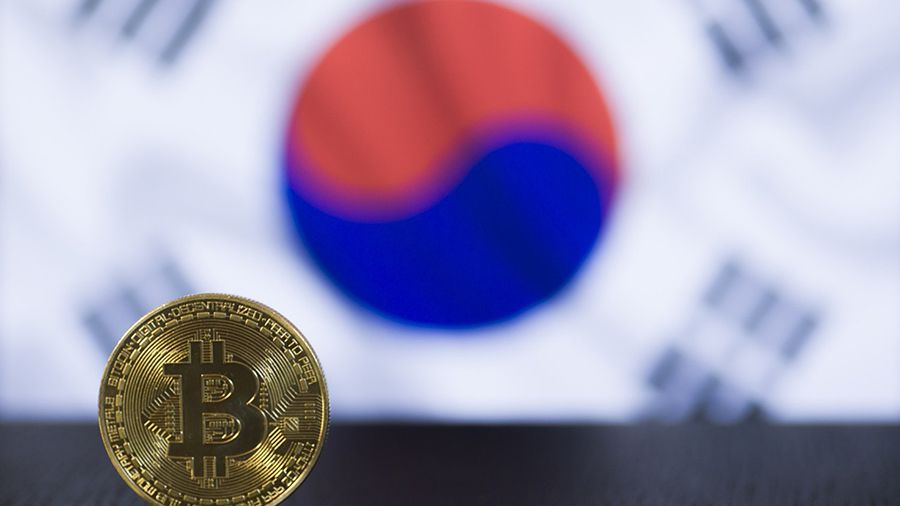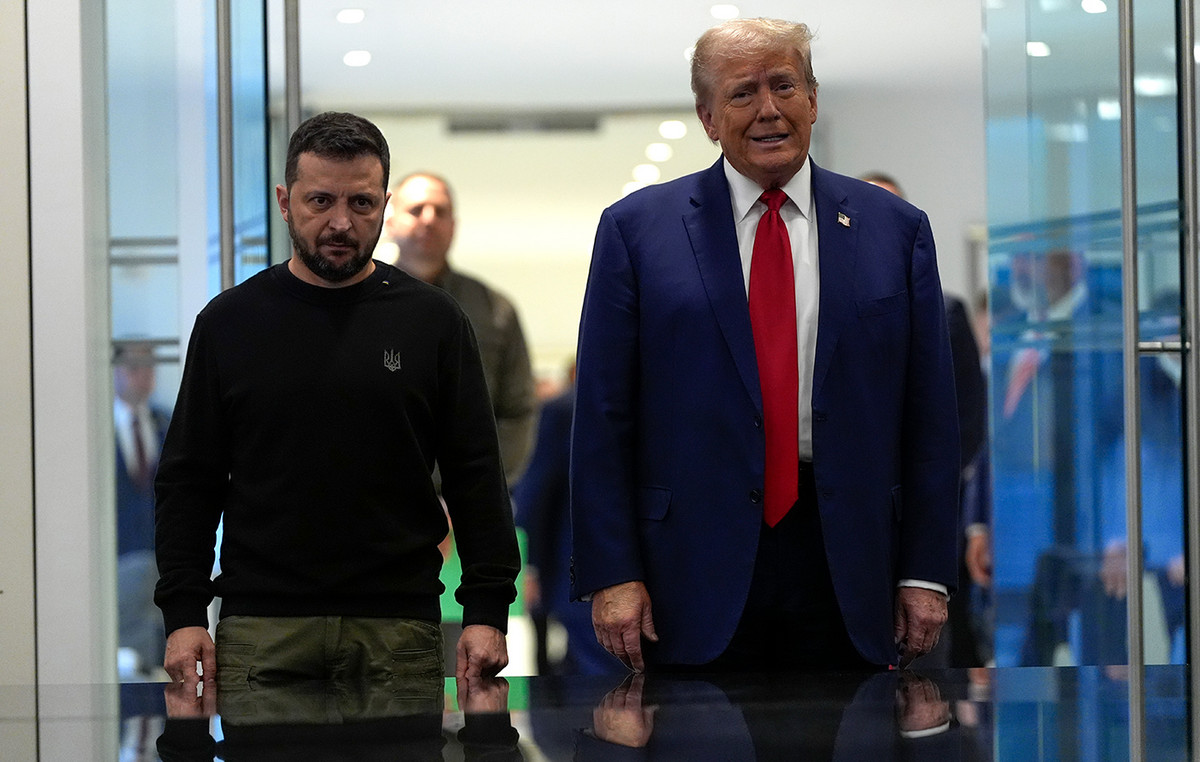- The USD/JPY goes back after winning more than 2% in the previous session.
- The last summary of Boj policies underlines persistent uncertainty, suggesting a divergence of opinions among those responsible for policy on politics.
- The vice governor of the BOJ, Shinichi Uchida, said that US tariffs present both risks up and down for the perspectives of inflation in Japan.
The USD/JPY is corrected after registering more than 2% profits in the previous session, quoting around 147.90 during the Asian hours on Tuesday. The pair depreciates as Japanese (JPY) gains ground despite the persistent uncertainty about the interests of interest rates of the Bank of Japan (Boj).
The vice governor of the BOJ, Shinichi Uchida, acknowledged both risks up and down derived from the possible US tariffs, pointing out that such measures could affect the economy of Japan. He added that Japan’s economic growth is expected to slow down its potential rate before gradually recovering, assuming a rebound in foreign economies.
The Vice Governor Uchida also pointed out the increase in wages promoted by an adjusted labor market, suggesting that companies will probably continue to transfer the highest labor costs, which could support the underlying inflation and expectations of inflation over time.
Japanese finance minister Katsunobu Kato commented on Tuesday about the possibility of meeting with US Treasury Secretary, Scott Besent, to discuss matters for changing currencies and potentially the ongoing tariff negotiations. He reiterated that Japan will be attentive to tariff discussions between the US and China, although he refrained from commenting on currency levels.
The Summary of Opinions of the Bank of Japan (BOJ) of its monetary policy meeting from April 30 to May 1 highlighted persistent uncertainty as a key concern. A member indicated that the Central Bank will probably continue to increase interest rates with economic and inflationary improvements. Another emphasized the need to maintain the current rate of increased rates, noting that real interest rates remain deeply negative, while requested a careful assessment of risks. A separate member expressed concern for US trade policy, warning that the increase in tariffs could significantly impact Japan’s economic perspectives and inflation trajectory.
The US and China agreed over the weekend to pause the imposition of three three -digit tariffs as part of preliminary commercial conversations. This temporary truce provides relief to short -term markets before the US “reciprocal” tariffs program resumes in 90 days.
Looking ahead, operators are focused on the next US Consumer Price Index (CPI) report for April, which will be published later on Tuesday. General inflation is expected to rebound at 0.3% month by month from -0.1% previous, while the underlying CPC is expected to also increase to 0.3% from 0.1%. It is projected that the interannual figures for both measures will be stable.
And in Japanese faqs
The Japanese Yen (JPY) is one of the most negotiated currencies in the world. Its value is determined in general by the march of the Japanese economy, but more specifically by the policy of the Bank of Japan, the differential between the yields of the Japanese and American bonds or the feeling of risk among the operators, among other factors.
One of the mandates of the Bank of Japan is the currency control, so its movements are key to the YEN. The BOJ has intervened directly in the currency markets sometimes, generally to lower the value of YEN, although it abstains often due to the political concerns of its main commercial partners. The current ultralaxy monetary policy of the BOJ, based on mass stimuli to the economy, has caused the depreciation of the Yen in front of its main monetary peers. This process has been more recently exacerbated due to a growing divergence of policies between the Bank of Japan and other main central banks, which have chosen to abruptly increase interest rates to fight against inflation levels of decades.
The position of the Bank of Japan to maintain an ultralaxa monetary policy has caused an increase in political divergence with other central banks, particularly with the US Federal Reserve. This favors the expansion of the differential between the American and Japanese bonds to 10 years, which favors the dollar against Yen.
The Japanese Yen is usually considered a safe shelter investment. This means that in times of tension in markets, investors are more likely to put their money in the Japanese currency due to their supposed reliability and stability. In turbulent times, the Yen is likely to be revalued in front of other currencies in which it is considered more risky to invest.
Source: Fx Street
I am Joshua Winder, a senior-level journalist and editor at World Stock Market. I specialize in covering news related to the stock market and economic trends. With more than 8 years of experience in this field, I have become an expert in financial reporting.







